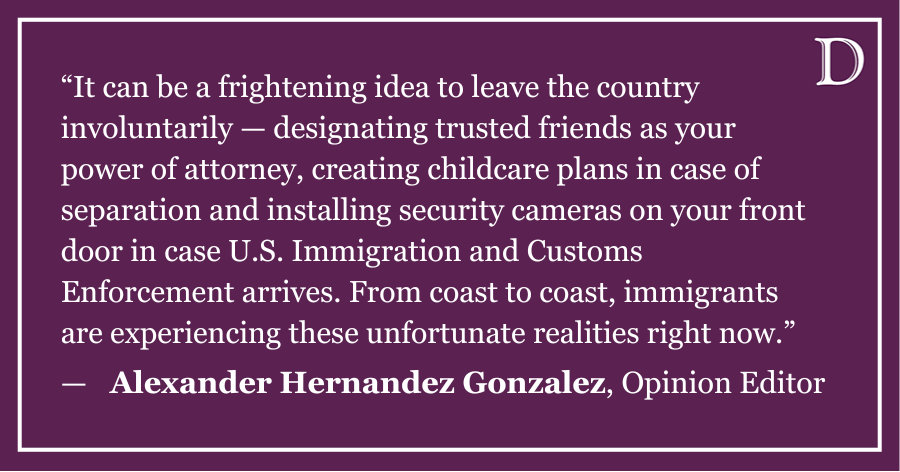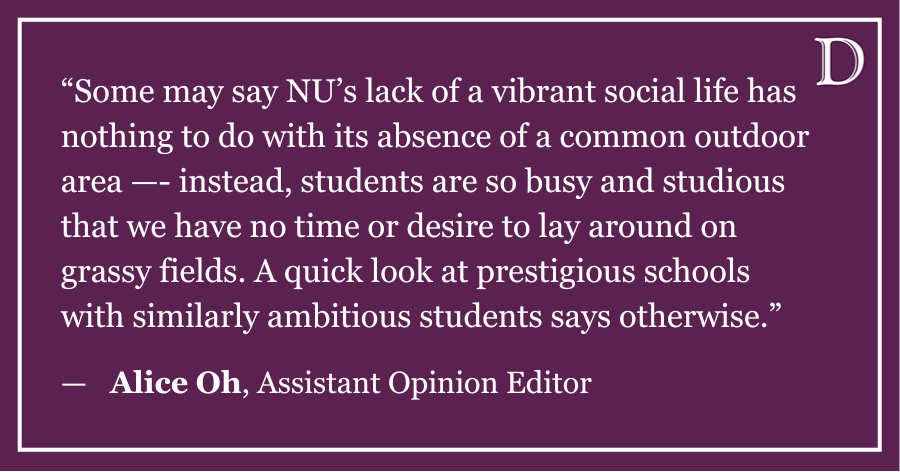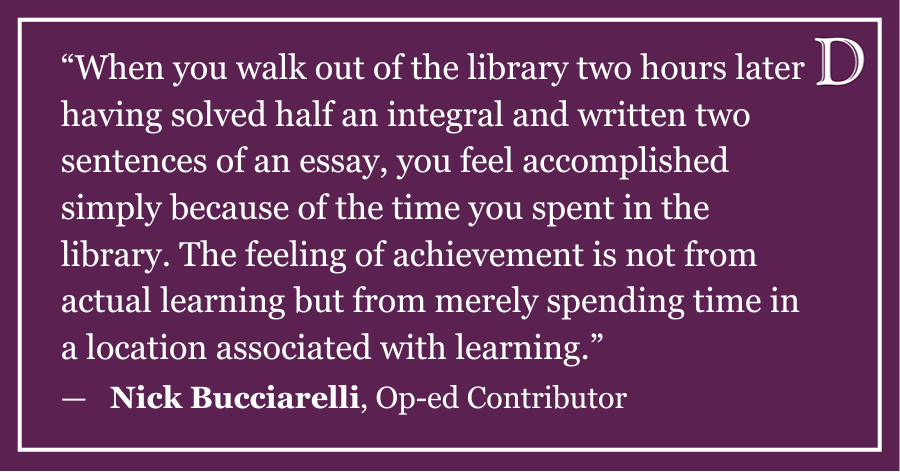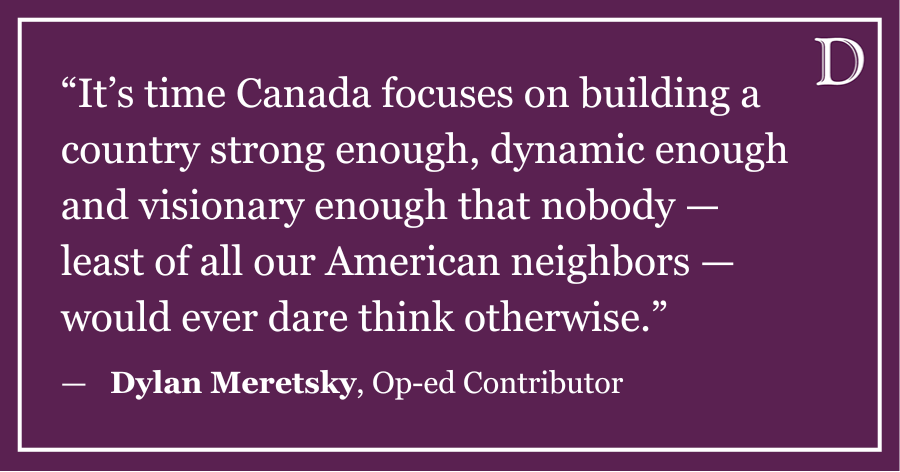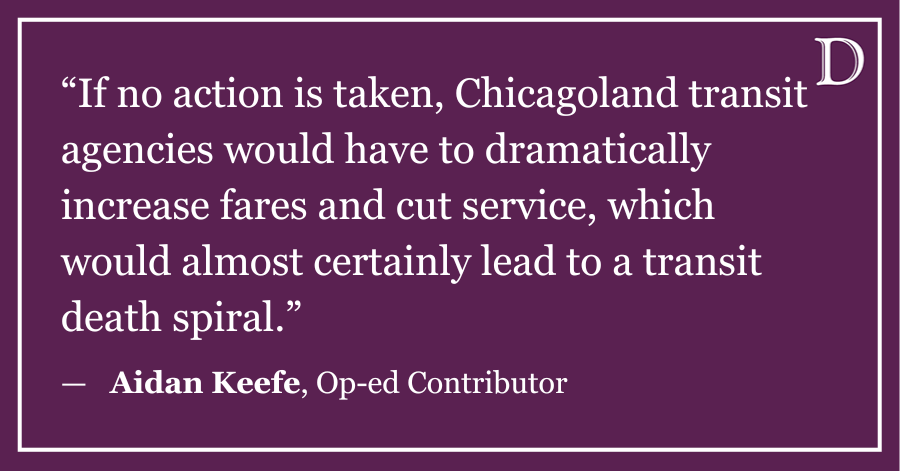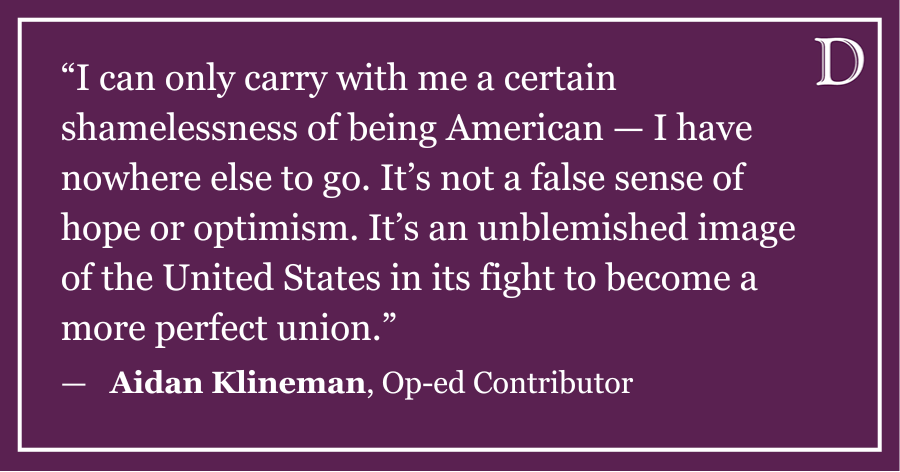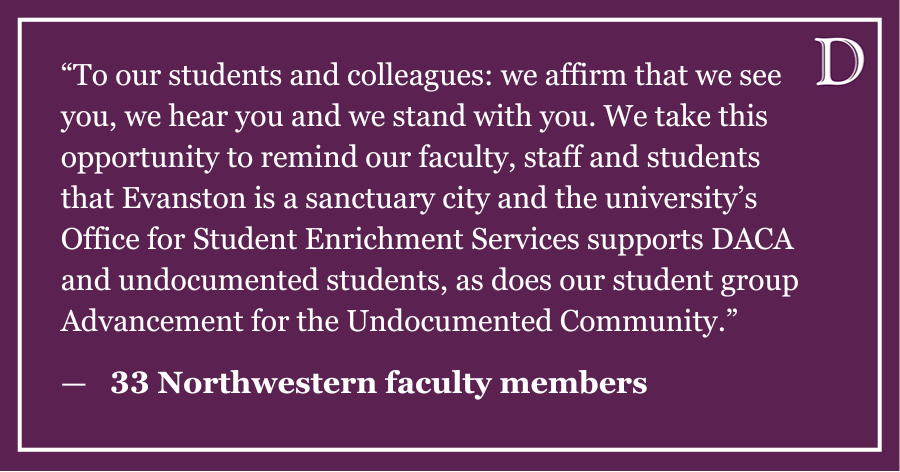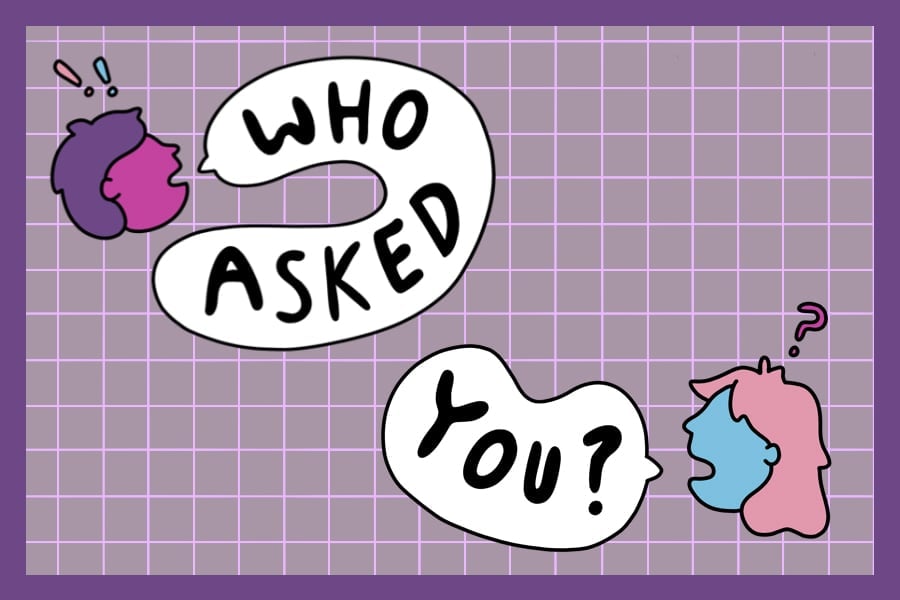The innovation of social media has totally changed the way we relate and communicate. It makes the act of talking easier, but as a result has changed the way we connect, emotionally speaking, with one another. On Facebook, our profiles boast the number of friends we have, which begs the question: what exactly is a Facebook friend?
I have been working on the yearbook for a while now and I often use Facebook to find sources for different topics. Some of these people are my Facebook friends. However, that’s about it. Sometimes it feels like I only have a connection to these people because Facebook tells me I do.
Part of this is because I, like many people, undergo what I like to call the “Facebook friend frenzy.” This is when one enters a new environment, like college, and begins friending every single person he or she knows. I did this with a good portion of my dormmates during my freshman year. I also did this with the different clubs I joined.
Of course, when you’re new to a situation you think everyone can be your friend. For the most part, this is a positive attitude to have. However, in a matter of weeks, the friends you made during the Facebook frenzy become just that: Facebook friends.
I generally regard my actual friends as people I see, or used to see, on a fairly regular basis. I have about 160 friends on Facebook. I know I don’t socialize with 160 people on a regular basis.
There are times when I’m on Facebook and I get a status update from someone who is supposedly one of my friends. It becomes sort of embarrassing when I have to wrack my brain to figure out who this person is.
“Well, I don’t really know her, but she is my Facebook friend,” I think to myself.
The concept of Facebook friends has introduced a new formality to the way we relate to each other. I rarely decline friend requests, unless it’s from a person I secretly dislike. I remember a time my boyfriend was upset because someone from his high school unfriended him. I don’t really bother with unfriending people. If push comes to shove I just change my settings so that I don’t have to read their status updates.
Facebook friending is something we’re expected to do but we’re not expected to nourish the friendships we make on Facebook. At times they feel like the relatives we place at the back table in a wedding reception. The formality of inviting them is there, but we don’t have the time, energy, or desire to interact with them in a meaningful way.
Facebook friends exist for several reasons. For one, they act as a status symbol; they show how much one has traveled and ventured into new areas (and how impulsively social some people can be). As far as relationships go, Facebook friending shows that you acknowledge someone’s existence and would not mind pursuing a friendship with them when it’s convenient for you. At its worst, Facebook friends show how shallow relationships can be. They require no commitment, bonds or shared experiences but are more dependent on a status everyone can see than any private connection.
To my about 160 Facebook friends: I personally interact with about 20 of you on a weekly basis. I like the majority of you and it’s nice to hear about your travels or weight loss or whatever you’re proud of. To about 140 of my other followers, well, we’re still friends. At least that’s what the box on my profile tells me.
Julianna Nunez is a Medill junior. She can be reached at juliannanunez2014@u.northwestern.edu. If you would like to respond publicly to this column, email a Letter to the Editor to forum@dailynorthwestern.com.

